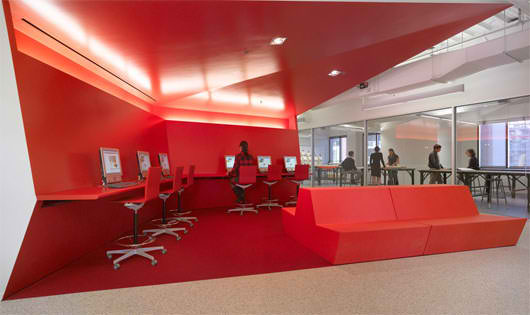Interior design is one of the most interesting and rewarding fields for the creatively and artistically inclined. To become a highly respected and sought-after interior designer, you must exhibit originality and a heightened sense of aesthetic purpose to understand and carry out clientele demands. This starts with a strong and solid foundation in the elements of design.
Proper training for Interior Designers
Proper training is important for an interior designer. Your raw talent in determining complimentary colors and putting things together may not suffice to get your career up and running. It may usher you into the right school and impress possible mentors but you need years of studying different design principles and applications before you?re ready to try it on your own. Professional interior designers have earned their knowledge, skills, and experience by spending years in interior design schools. And even with a degree in interior design, most of them find that continuous learning prepares and enables them to answer the demands of this highly dynamic and diverse field.
Interior design schools introduce would-be designers to the basics of visual and practical arts. They equip their students to handle the different aspects of interior design and interior architecture; landscaping and garden design; color combination principles and consultancy; and curtains and soft furnishings. Graduates of interior design schools are expected to be experts in building and accessory materials as well. An interior designer must not only be able to choose the most appropriate accents or layout design for a space but also determine the most suitable, durable, and cost efficient materials that suit the accents, furniture, and interior structures.












